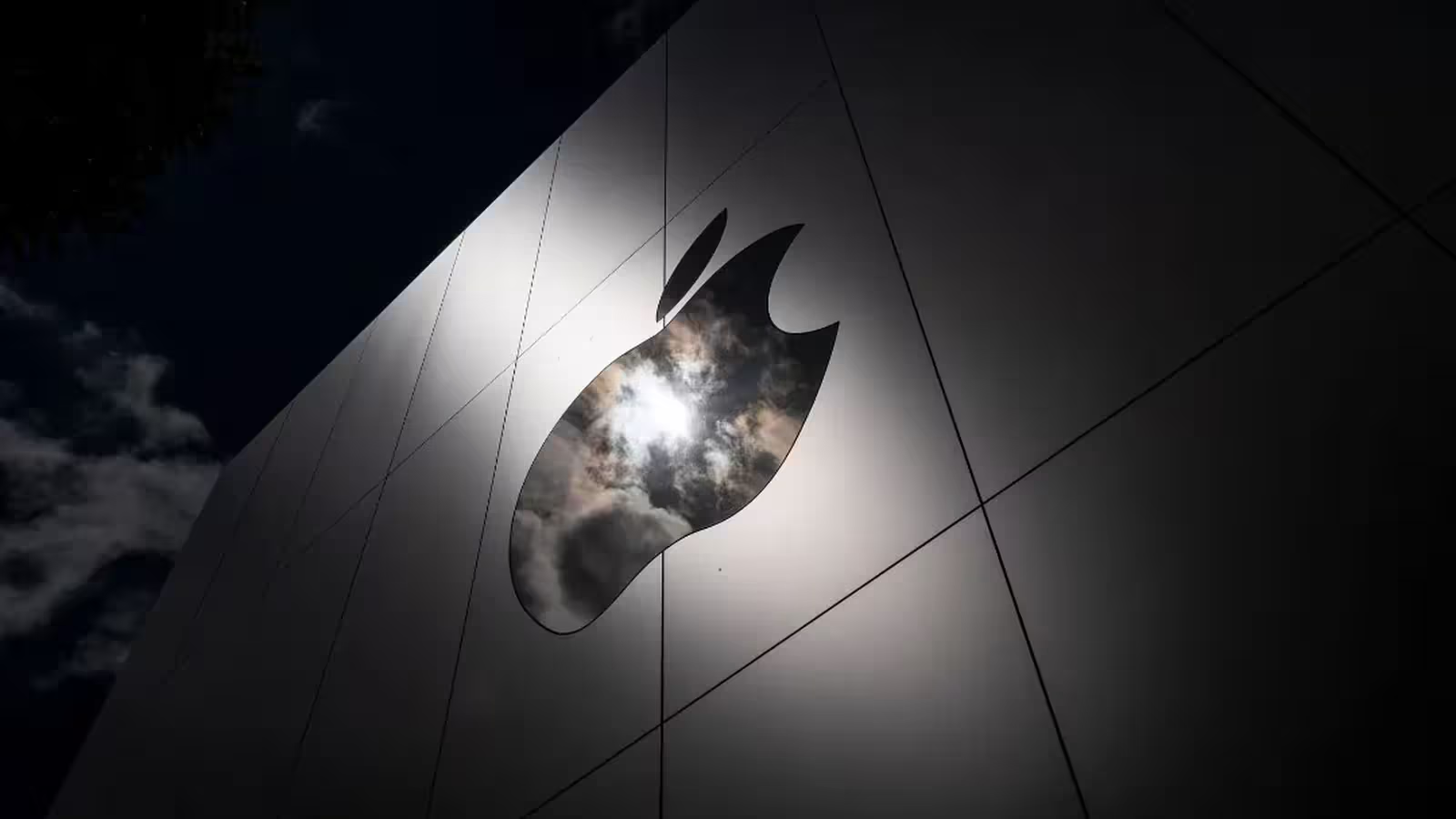4 Minutes
Apple Expands BOE’s Role in iPhone 17 Pro Supply Chain
Apple has officially authorized BOE Technology to manufacture OLED display panels for the iPhone 17 Pro, marking a significant milestone in the Chinese tech giant's relationship with Apple. While BOE has previously supplied display panels for Apple’s standard iPhone models, this is the first time the company will be entrusted with the production of high-end Pro-level screens—albeit exclusively for the Chinese domestic market. Industry analyst Jukan Choi broke the news on July 9 via X, highlighting a pivotal shift in Apple’s supply chain strategy.
Strategic Move to Strengthen Apple’s Supply Chain Resilience
This decision comes as Apple intensifies efforts to diversify its iPhone component supply chain and lower dependency on traditional South Korean partners such as Samsung Display and LG Display. By expanding BOE’s manufacturing role, Apple not only mitigates geopolitical risks and potential trade restrictions but also aligns production practices with local regulatory expectations in China—one of Apple’s largest and most lucrative markets.
Supply Chain Diversification and Market Relevance
Apple has long adopted a multi-vendor approach for critical technologies like OLED displays, balancing cost, quality, and supply security. Adding BOE as an approved supplier, particularly for its Pro-level panels, empowers Apple with greater negotiating leverage against established industry leaders. This move could potentially drive prices lower and prompt higher quality standards from all of Apple’s display suppliers.
BOE is China’s largest producer of OLED displays, and this approval strengthens its stature both in the domestic and global smartphone display sectors. For Apple, partnering more closely with a key local display manufacturer enhances its presence and reputation among Chinese regulators and consumers alike.
BOE’s Technological Breakthrough and Competitive Advantage
Achieving approval for the iPhone 17 Pro panels signals that BOE’s significant investments in display technology and manufacturing processes are paying off. Historically, BOE faced challenges in matching the panel quality demanded by Apple for its premium Pro lineup, with delays and yield issues affecting earlier qualification attempts. BOE’s earlier supply role was limited to standard OLED panels for lower-tier iPhone models and spare parts.
Now, improved production yields and technological advancements—including LTPO OLED technology, essential for features like ProMotion—have positioned BOE to meet Apple’s strict requirements for the Chinese market. While Samsung Display remains the global leader in OLED capacity and advanced display technology, BOE’s progress illustrates the increasing competitiveness of Chinese manufacturers and their rising influence in high-tech hardware.
Overcoming Past Setbacks
The partnership between BOE and Apple has faced difficulties in the past. In 2022, Apple removed BOE from its iPhone 13 supply chain after unauthorized changes were made to panel components. Since then, BOE has invested deeply in stricter quality control and more stable production processes, successfully regaining Apple’s trust with this recent approval.

Benefits for Apple, BOE, and the Chinese Market
BOE’s local production offers cost efficiencies for Apple, helping the company avoid certain tariffs and streamline its China-based iPhone supply chain. For BOE, successfully shipping high-end panels—even if initially restricted to the domestic market—builds substantial credibility and lays the groundwork for future supply contracts, including potential opportunities to serve international iPhone models.
As global smartphone competition intensifies, robust supply chain diversification and strategic supplier relationships are more crucial than ever. Apple’s decision to approve BOE for the iPhone 17 Pro signals a new era of collaboration, technological innovation, and market flexibility for both companies.
What’s Next for iPhone 17 Pro Production
Mass production of the iPhone 17 Pro is expected to ramp up in China later this summer, in line with Apple’s traditional September iPhone release cycle. Industry observers note that BOE’s full qualification for display module mass production could arrive as early as July, further solidifying its role in Apple’s 2024 supply chain. As of now, there are no indications that BOE’s panels will be used in international iPhone 17 Pro variants—but this breakthrough could pave the way for broader global cooperation in the future.
Source: appleinsider



Comments